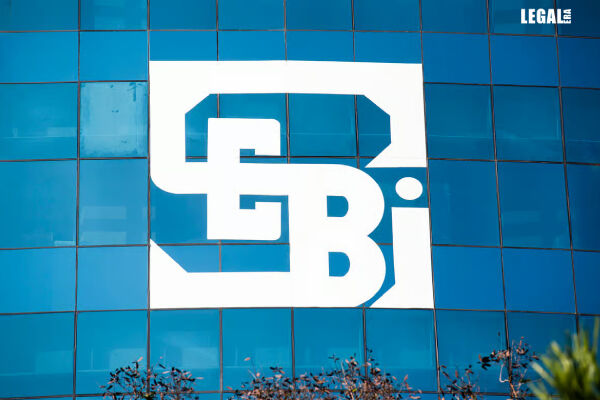
SEBI amends InvITs norms, slashes minimum investment to Rs.25 lakh
Harmonizes it with secondary market rules
The Securities and Exchange Board of India (SEBI) has notified rules to reduce the minimum allotment lot in the primary market for privately placed infrastructure investment trusts (InvITs). It will be Rs.25 lakh, aligning with the trading lot size in the secondary market.
Previously, this was Rs.1 crore or Rs.25 crore, depending on the asset mix. In the earlier round of reforms, the trading size in the secondary market was reduced to Rs25 lakh, irrespective of the asset mix.
The amendment has introduced a uniform minimum allotment size of Rs.25 lakh in the primary market for all privately placed InvITs, harmonizing it with the secondary market norms.
By amending the rules, the market regulator has also enhanced the ease of doing business for the activities of InvITs and Real Estate Investment Trusts (REITs).
From now on, the related parties of the REIT/InvIT and the related parties of the sponsor, investment manager/manager, and project manager would not be considered as ‘public’ unless they are Qualified Institutional Buyers (QIBs).
Earlier, any units held by the related parties of the Sponsor, Investment Manager/Manager, and Project Manager were not counted towards units held by the ‘public’.
However, the amendment facilitates the classification of units held by the related parties of these entities, who are QIBs, as public.
The market regulator stated, “If the net distributable cash flow generated by the holding company on its own is negative, the holding company may adjust it against the cash flows received from its underlying SPVs provided that it makes appropriate disclosures to the unitholders in such form and manner as may be specified by SEBI.”
Previously, a holding company had to distribute 100 percent of the cash flows received from the underlying SPVs to the REIT/InvIT.
However, the amendment enables it to offset its own negative cash flows before distributing the net amount to the REIT/InvIT.
SEBI has also set timelines for submitting reports, including quarterly information, to stock exchanges, trustees, and the board of the investment manager, as well as valuation reports, with the timelines for submission of financial results.
Earlier, different timelines were prescribed for the submission of these reports.
Additionally, the regulator has amended the portfolio managers rule to simplify the format for the disclosure documents.
It said, “The portfolio manager shall provide to the client the disclosure document, in the format as may be specified by the Board, along with a certificate in Form C as specified in Schedule I, prior to entering an agreement with the client.”
The Portfolio Manager issues the disclosure document as a compendium of essential information, which helps investors to make better and well-informed investment decisions.